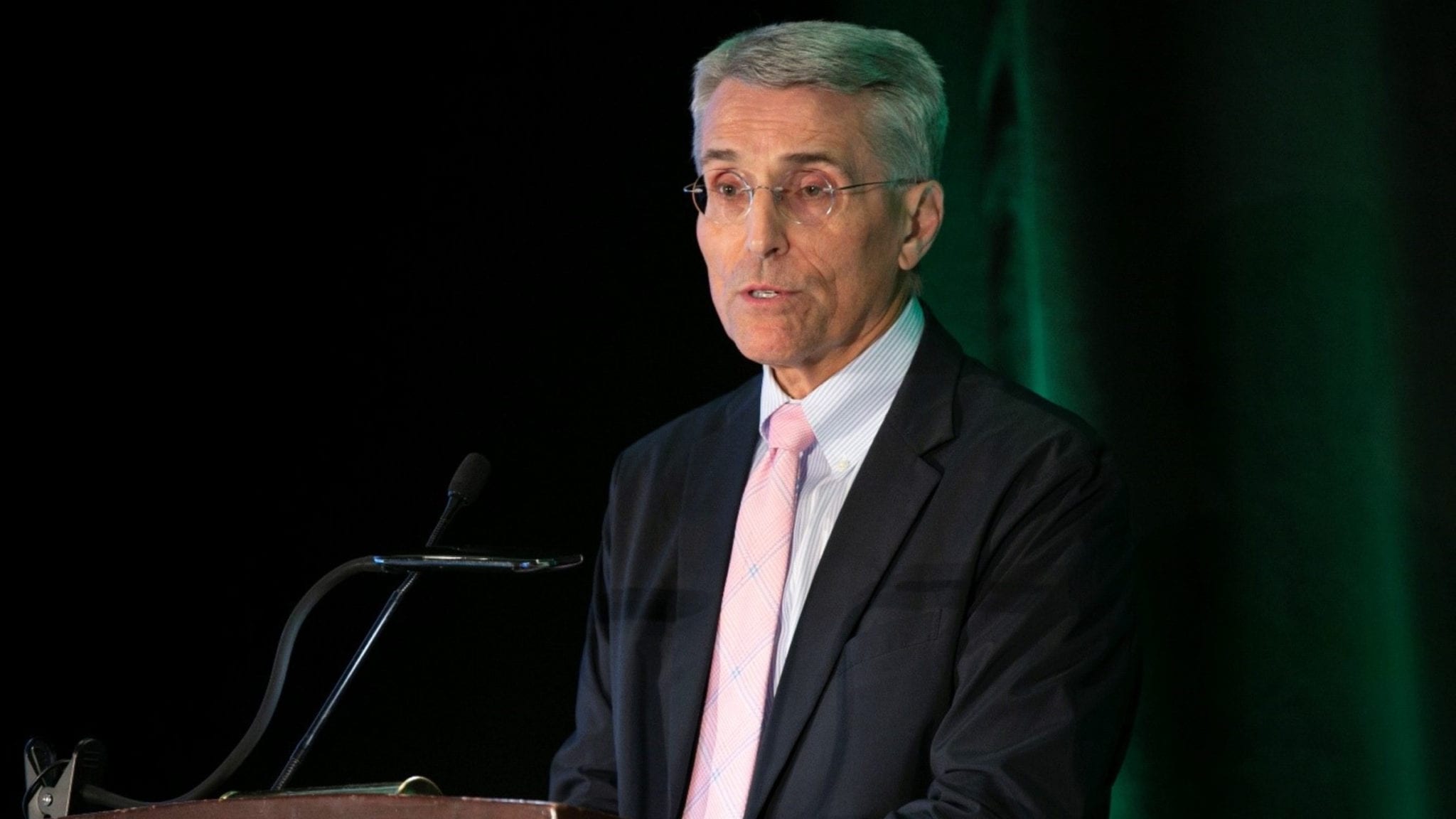
In a boost to Rituxan franchise, Roche nabs quick approval for polatuzumab vedotin
Roche’s latest antibody-drug conjugate has crossed the FDA finish line, gaining an accelerated approval a full two months ahead of schedule.
Polivy, or polatuzumab vedotin, is a first-in-class drug targeting CD79b — a protein prominent in B-cell non-Hodgkin lymphoma. It will now be marketed for diffuse large B-cell lymphoma as part of a regimen that also includes the chemotherapy bendamustine and a version of rituximab (Rituxan).
Unlock this article instantly by becoming a free subscriber.
You’ll get access to free articles each month, plus you can customize what newsletters get delivered to your inbox each week, including breaking news.